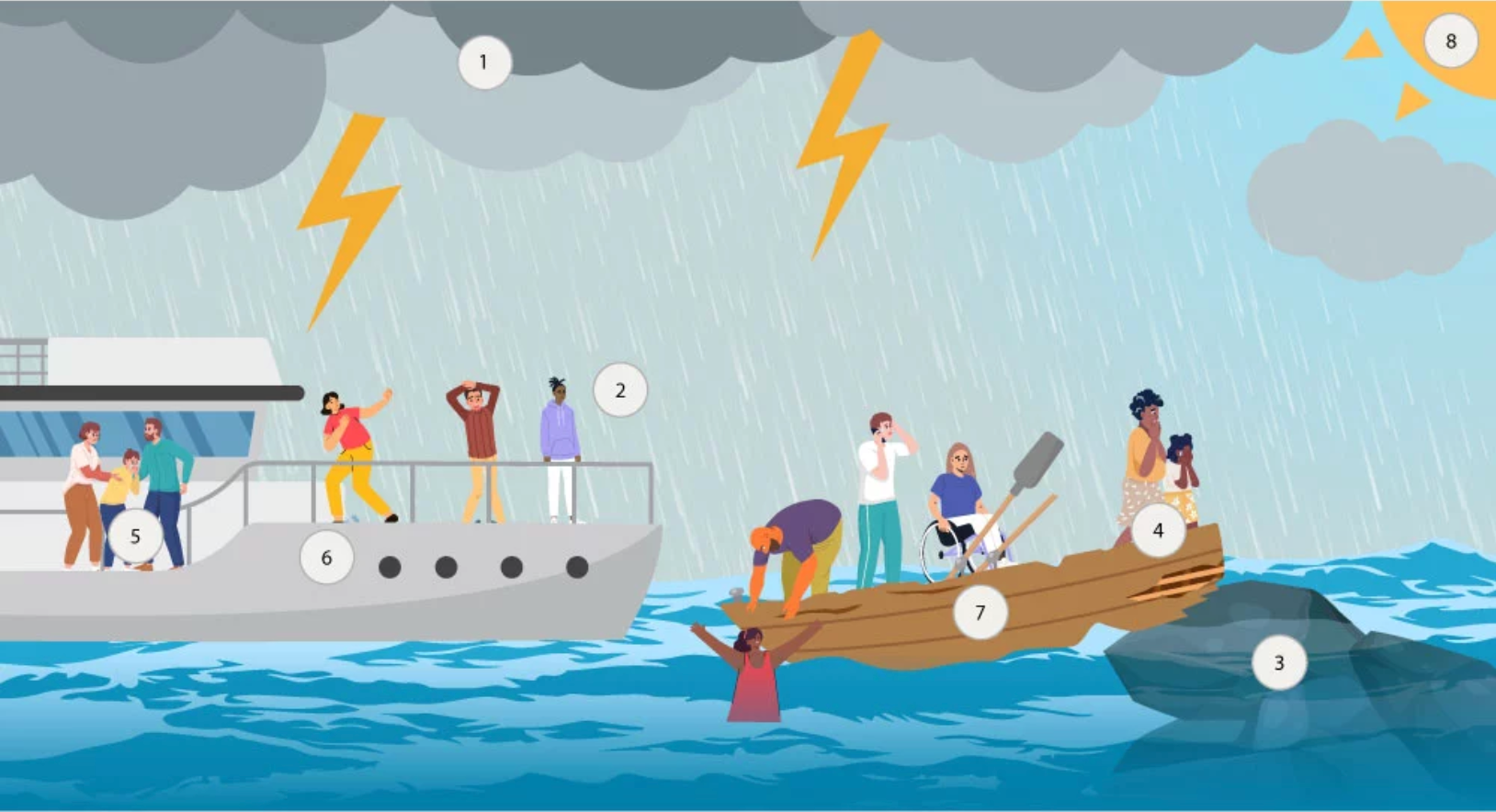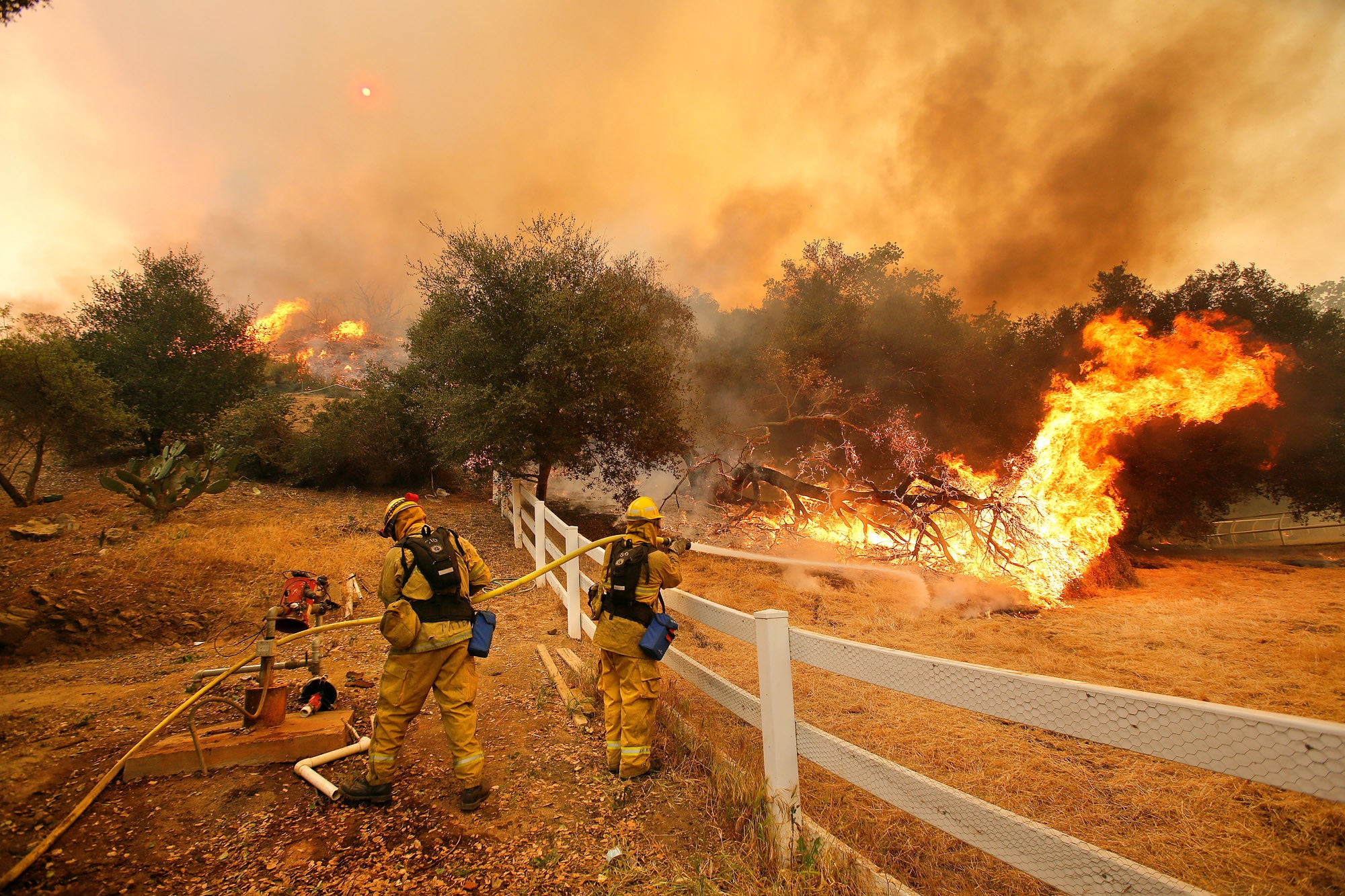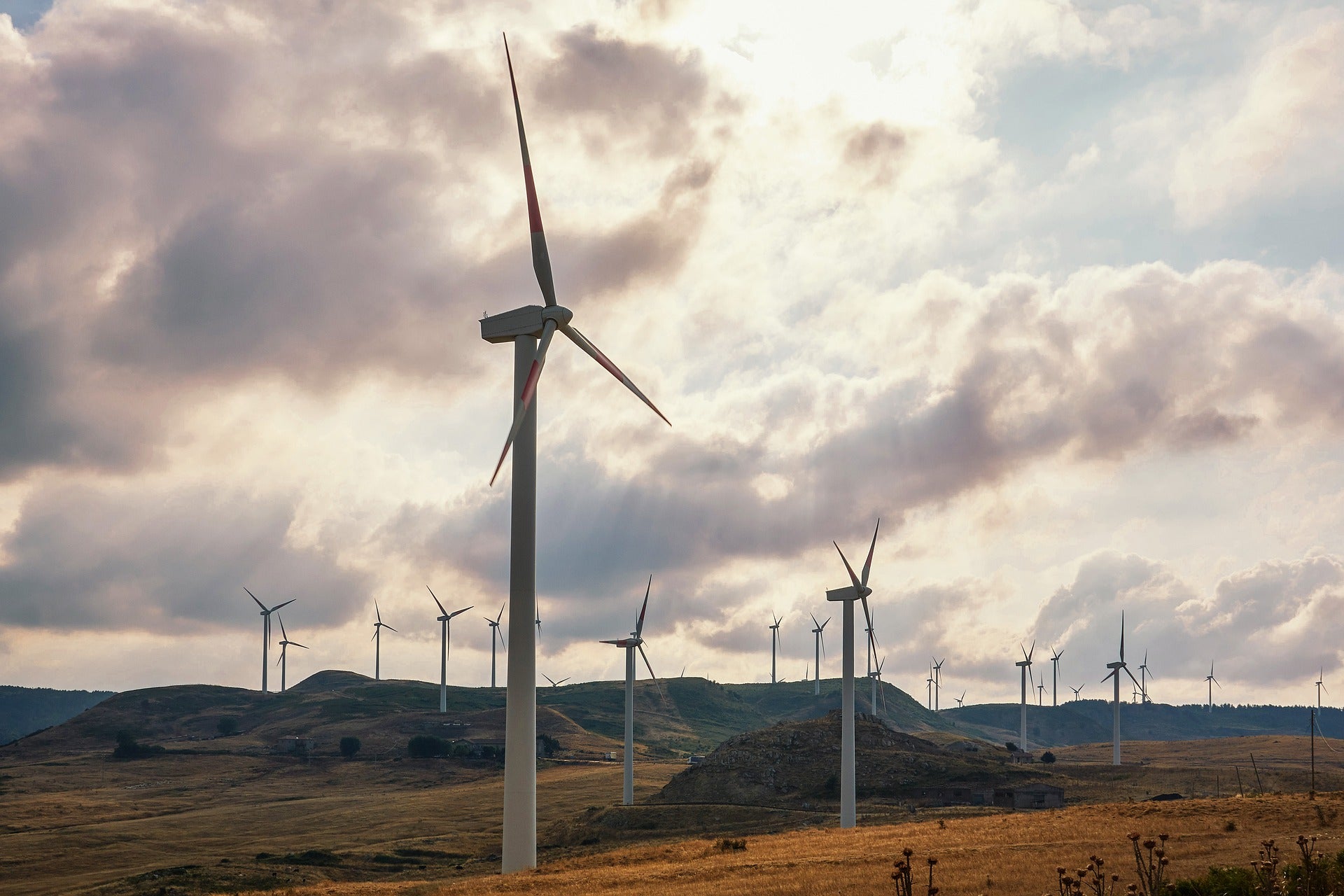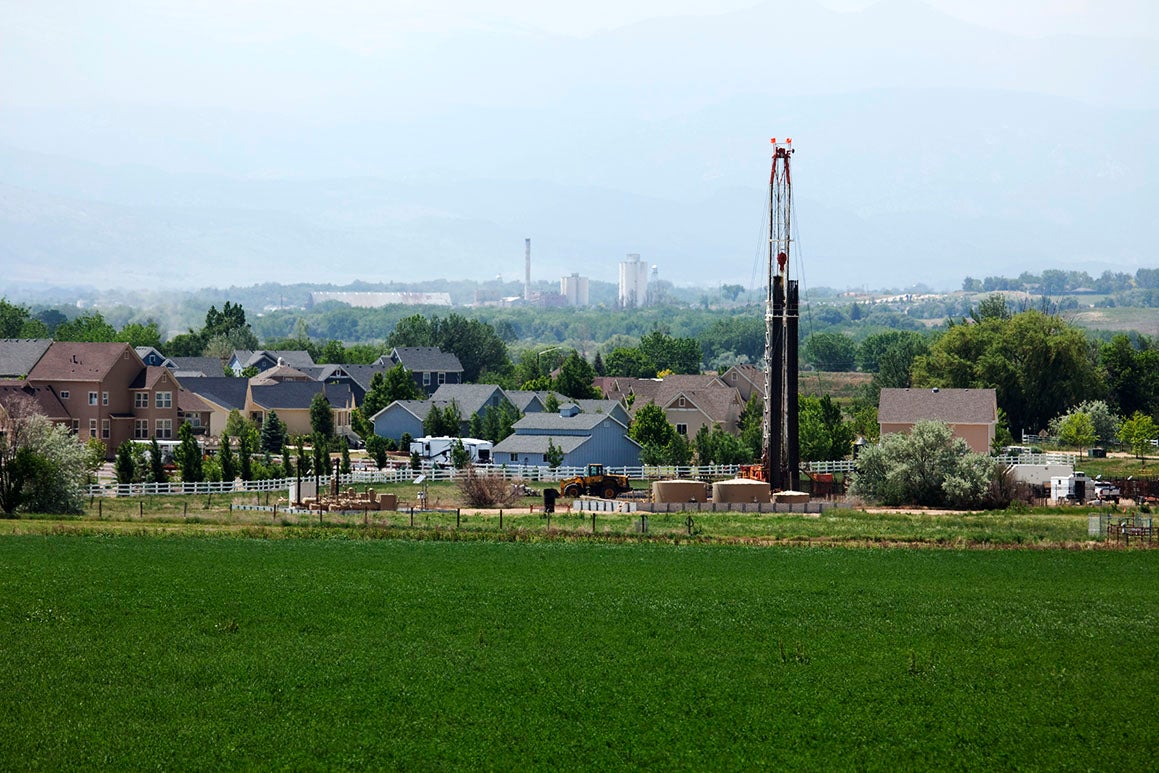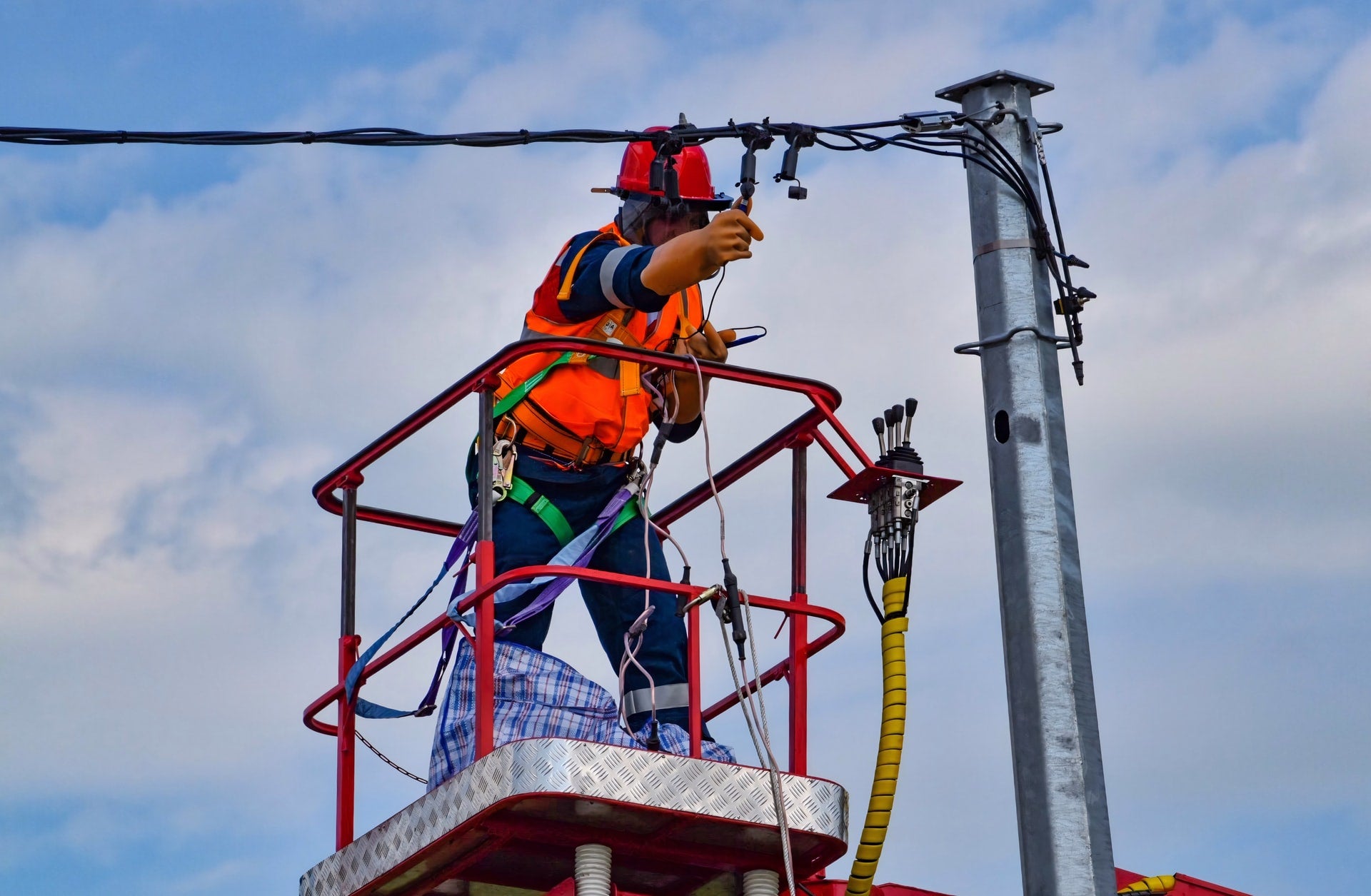Related: Lancet Countdown 2019 | 2020 | 2021
Fact Sheets
- Executive Summary
- Summary for the General Public
- Focus on the Midwest
- Focus on the Northeast
- Focus on the South
- Focus on the West
The 2022 Lancet Countdown Brief for the United States shows that the burning of fossil fuels produces air pollution that directly harms health. The use of fossil fuels is also the main reason that climate change is happening. While climate change is creating a health crisis that impacts everyone, there are many reasons for hope and optimism.
The U.S. Brief focuses on four ways in which climate change can harm health.
- Poor air quality
- Heat-related illness
- Infectious disease
- Mental health
The 2022 U.S. Brief is supported by a diverse group of health experts from more than 80 organizations who recognize that climate change is first and foremost a health crisis. Our Yerby Fellow, Dr. Renee Salas is a senior author of the Brief and an author on the Global Report. She wrote, “This report makes the diagnosis clear – we must emergently invest in a move away from fossil fuels that is fair and just – and prioritize the most vulnerable people and communities first.”
As the U.S. Brief states, climate change puts everyone at risk, but policy decisions and industry actions make some communities more vulnerable to the harms of climate change and less able to cope with them. For example, policies that are shaped by systemic racism and other forms of discrimination affect which neighborhoods have polluting factories and freeways, and which have strong public transportation and green parks and trees. These decisions impact health by shaping which communities have clean air and stay cool during heat waves.
The authors highlight climate solutions that are available today that will protect our health by ending our dependence on fossil fuels and slowing climate change. They recommend rapidly transitioning to clean and renewable energy, like solar and wind, which will clean our air and improve our health now while creating a safer, healthier future.
We can all take action on climate change to protect our health, the health of our children and families, and the health of our neighbors and communities.
- Educate Yourself and Your Community: Learn how fossil fuels and climate change impact your health by seeking information from your health care provider, local health department, medical organizations, news stories about the latest scientific research, and internet resources created by universities and governmental agencies such as the Department of Health and Human Office of Climate Change and Health Equity.
- Talk With Others: Engage with your family, friends, community members, and local officials about how fossil fuel pollution and climate change harm health.
- Advocate for Solutions: Work with your elected representatives to quickly move away from fossil fuel energy and transportation to clean and healthy energy. Tell your elected representatives and local officials why you care about healthy, equitable, and sustainable communities. Encourage others to join you in advocating for healthy climate solutions that:
- Build clean, healthy energy systems
- Build clean, healthy transportation systems
- End fossil fuel extraction and funding
- Create healthy, resilient, and equitable communities
- Support climate action around the world
For more information on what we can do today to protect health from climate change, read the 2022 Lancet Countdown U.S. Policy Brief.
Read the Global Report.
Related Media:
- Doctors say ‘fossil fuel addiction’ kills, starves millions (Associated Press)
- How climate change is hurting Americans’ health – and what experts suggest we do about it (USA Today)



